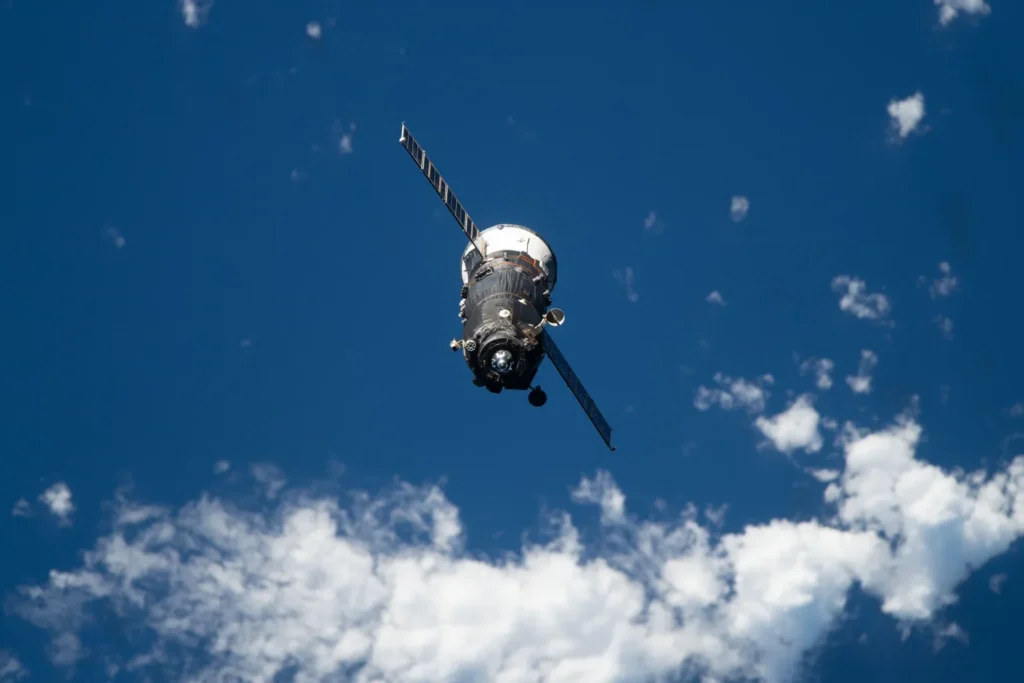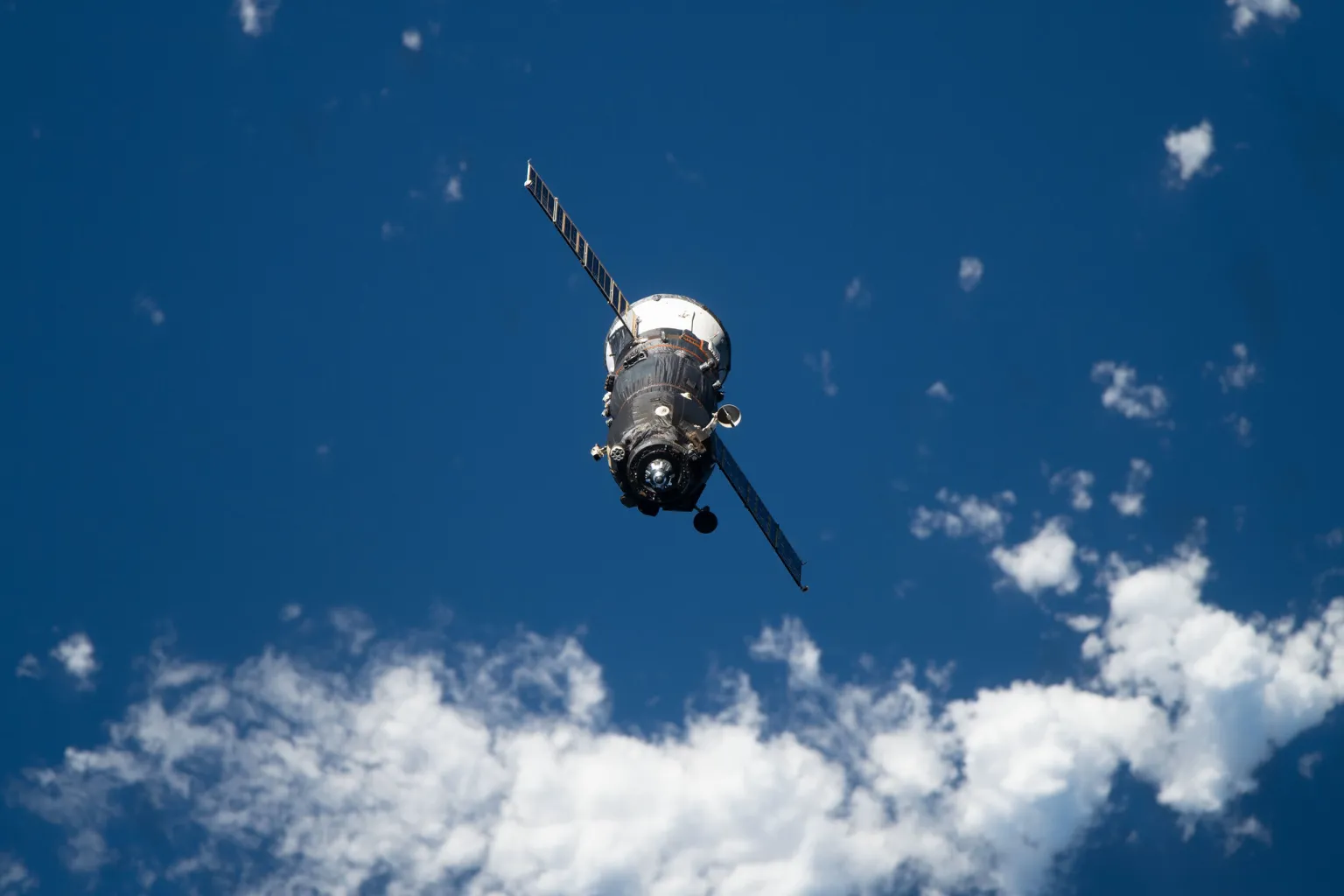NASA Progress 88, Roscosmos, ISS, International Space Station, space mission, Soyuz rocket, Baikonur Cosmodrome, space launch, space docking, NASA TV, live coverage, Expedition 71
“Stay tuned for NASA’s live coverage of the Progress 88 cargo spacecraft launch and docking at the International Space Station. Scheduled for May 30, this mission will deliver vital supplies to the Expedition 71 crew. Watch the event live on NASA+, NASA TV, the NASA app, YouTube, and the official NASA website.”

NASA is gearing up to provide comprehensive live coverage of the Progress 88 cargo spacecraft’s launch and docking at the International Space Station (ISS). This mission, a vital resupply effort by Roscosmos, the Russian space agency, will deliver approximately three tons of essential supplies, including food, fuel, and other necessities, to the Expedition 71 crew currently aboard the ISS.
Launch Details
The unpiloted Progress 88 spacecraft is set to launch at 5:43 a.m. EDT (2:43 p.m. Baikonur time) on Thursday, May 30. The launch will take place at the Baikonur Cosmodrome in Kazakhstan, utilizing a Soyuz rocket. The event marks another significant milestone in the ongoing collaboration between NASA and Roscosmos, highlighting the international cooperation that characterizes human space exploration.
Live Coverage
NASA will begin its live launch coverage at 5:15 a.m. EDT. Enthusiasts and space watchers can tune in via multiple platforms, including NASA+, NASA Television, the NASA app, YouTube, and the agency’s official website. This extensive coverage ensures that audiences worldwide can witness the launch in real-time and stay updated with the latest developments.
To stream NASA TV and catch the launch, viewers can use various platforms and social media channels. The agency has made it convenient for everyone to access their broadcasts, ensuring that the excitement of space missions reaches a global audience.
In-Orbit Journey and Docking
After a two-day journey through space, the Progress 88 spacecraft is scheduled to dock automatically at the ISS. The docking will occur at the space-facing port of the Poisk module, a crucial component of the space station’s Russian segment. This event is set for 7:47 a.m. EDT on Saturday, June 1.
NASA’s coverage of the rendezvous and docking will begin at 7 a.m. EDT. Like the launch, this coverage will be available on NASA+, NASA Television, the NASA app, YouTube, and the agency’s website. The docking process is a delicate operation, requiring precise maneuvering and coordination, and it is always a moment of high anticipation and excitement for the mission teams and viewers alike.
Mission Duration and Objectives
The Progress 88 spacecraft will remain docked at the ISS for nearly six months. During this period, it will serve as a vital link between the space station and Earth, providing the Expedition 71 crew with necessary supplies and facilitating various scientific experiments. The spacecraft will also be loaded with trash and other disposable items by the crew, which it will carry back to Earth upon its departure.
In late November, the spacecraft is scheduled to undock from the ISS and re-enter Earth’s atmosphere. This re-entry is a controlled process designed to ensure the safe disposal of the spacecraft and its contents.
The Importance of the International Space Station
The ISS represents a remarkable convergence of science, technology, and human innovation. For over 23 years, it has hosted a continuous human presence, allowing astronauts to live and work in space for extended periods. This long-term habitation in microgravity has yielded invaluable insights into human physiology, materials science, and other fields, advancing our understanding of how to sustain human life in space.
The space station is more than just a laboratory in orbit; it is a springboard for future space exploration. The research and technologies developed on the ISS are paving the way for NASA’s next significant missions, including the Artemis program, which aims to return humans to the Moon, and eventually, the human exploration of Mars.
A Platform for International Cooperation
The ISS is a testament to international cooperation in space exploration. It involves the collaboration of space agencies from the United States, Russia, Europe, Japan, and Canada. This cooperation extends beyond mere logistics and technical support; it encompasses shared goals of scientific discovery, technological innovation, and the peaceful use of outer space.
The partnership between NASA and Roscosmos, exemplified by missions like Progress 88, underscores the importance of global collaboration in achieving ambitious space exploration goals. These missions are crucial for maintaining the ISS and ensuring its continued operation as a hub of scientific research and international cooperation.
Future Prospects
Looking ahead, the ISS will continue to play a critical role in space exploration. The knowledge gained from long-duration missions aboard the ISS will inform future endeavors, such as establishing a sustainable human presence on the Moon and sending astronauts to Mars. The space station’s contributions to science, technology, and international cooperation are invaluable assets that will help humanity push the boundaries of exploration and achieve new milestones in space.
As NASA prepares to provide live coverage of the Progress 88 launch and docking, the world is reminded of the remarkable achievements made possible through collaboration, innovation, and the unyielding human spirit of exploration. This mission not only ensures the well-being of the current ISS crew but also paves the way for future explorations that will take us further into the cosmos.
Read More-
